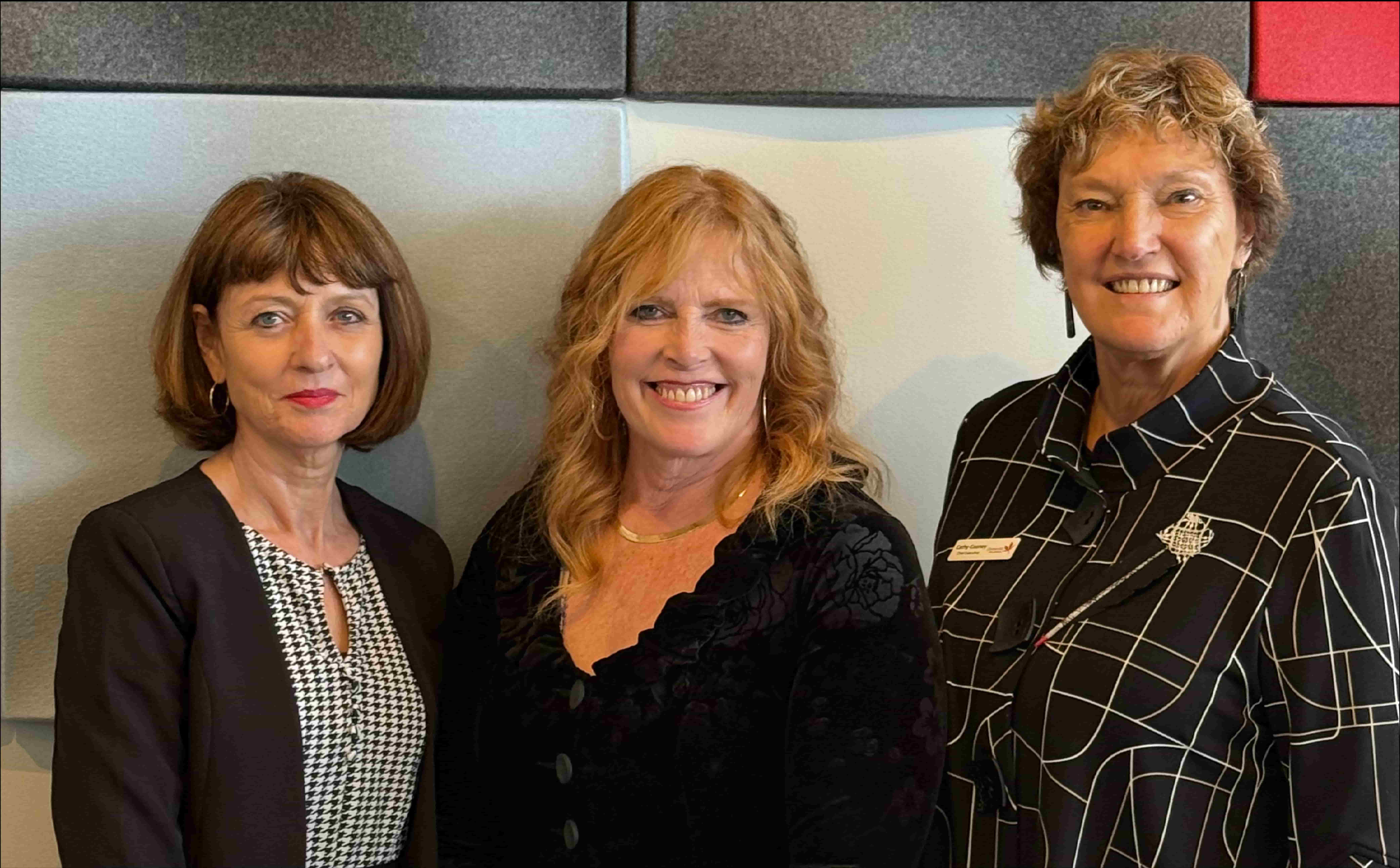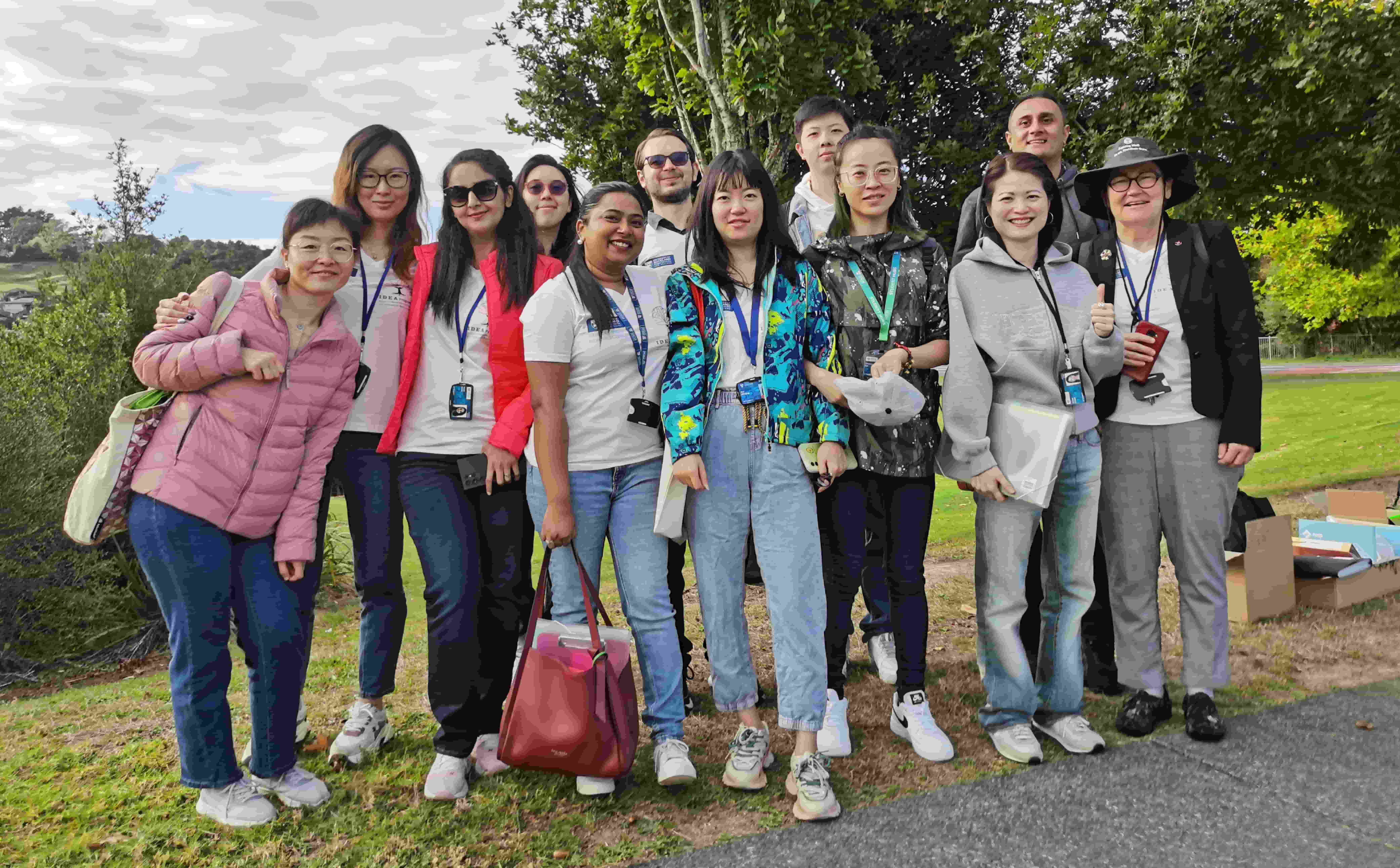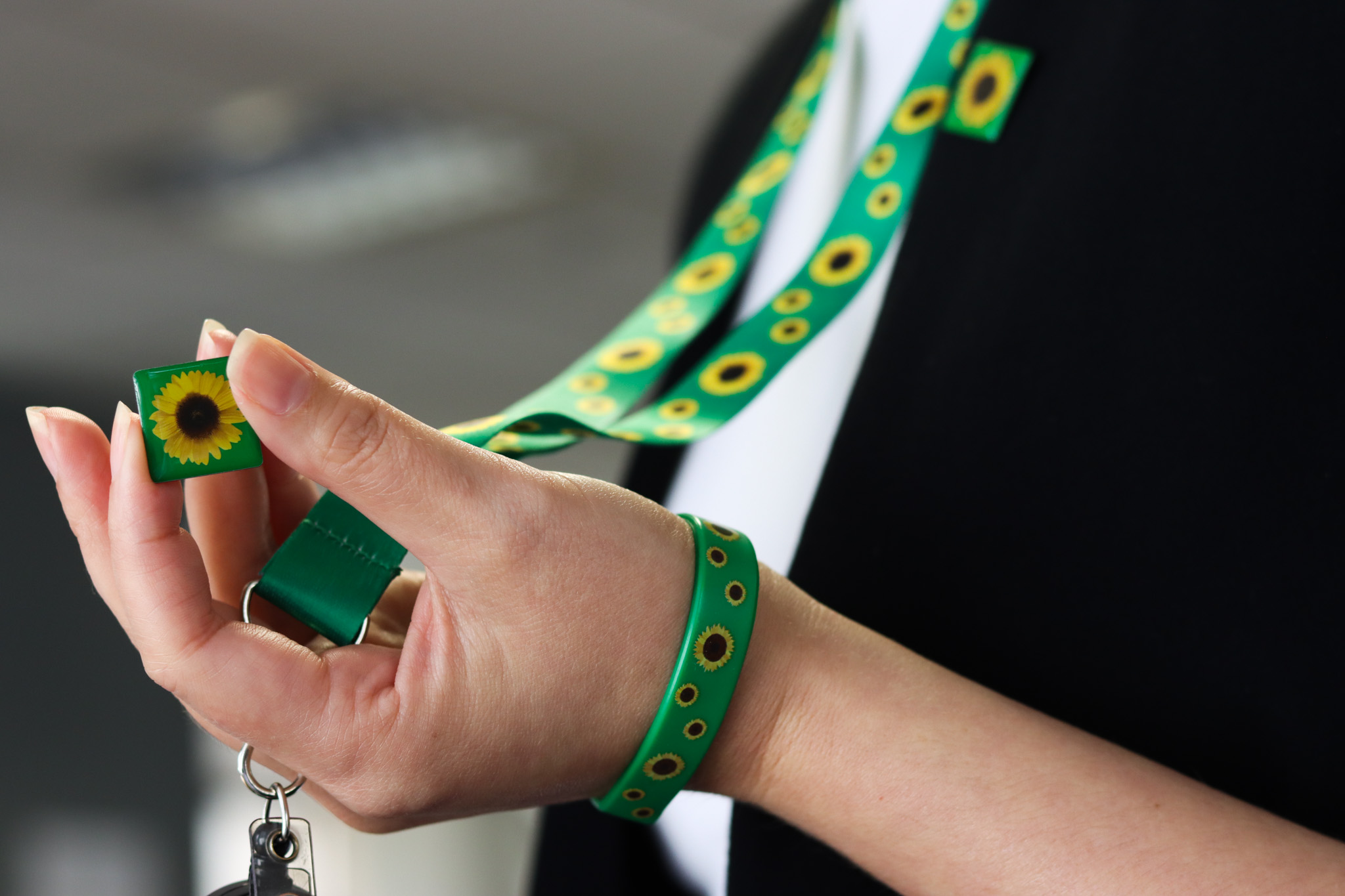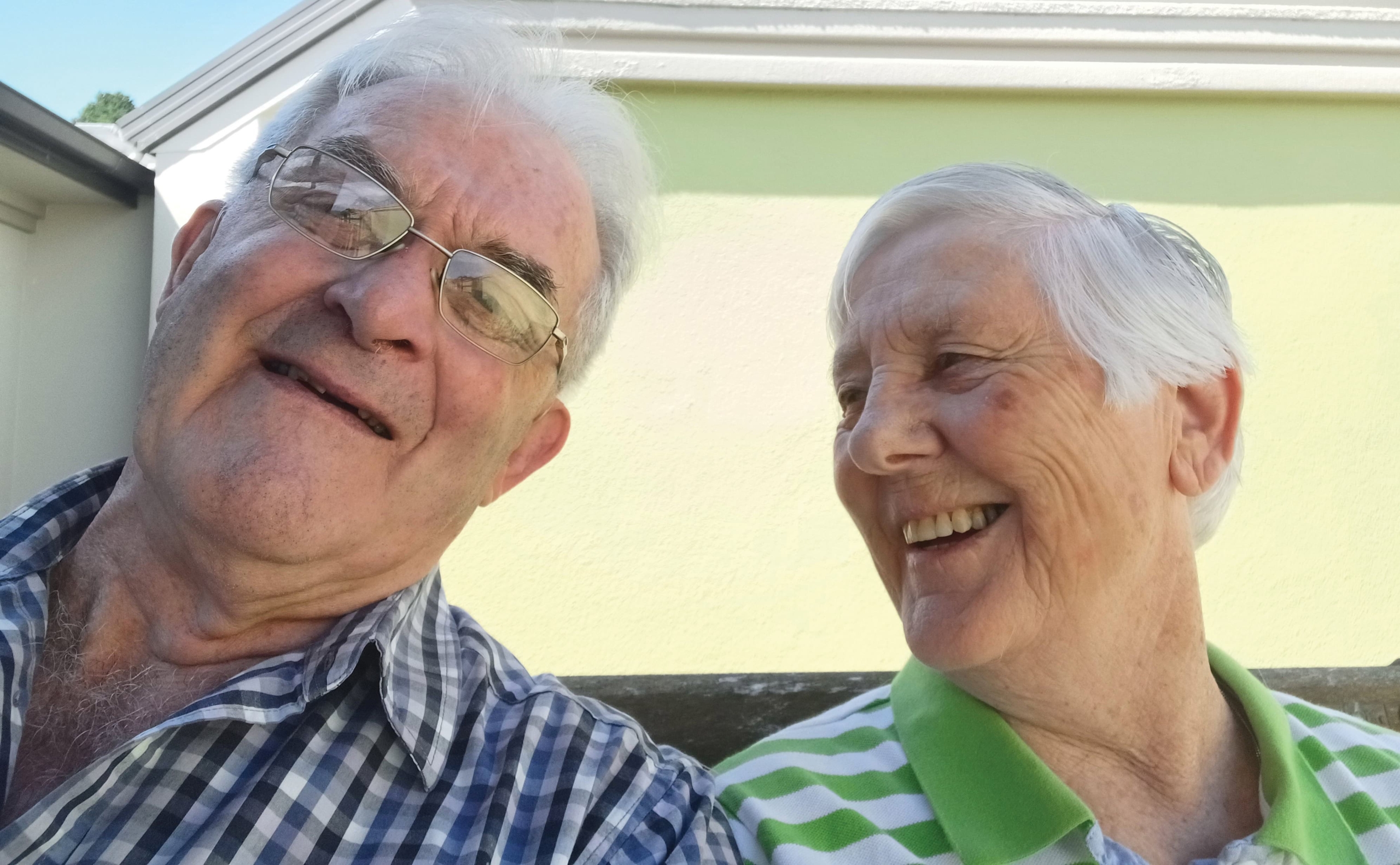Challenging Stigma
What is Stigma?
- Stigma is a set of negative assumptions, beliefs, and behaviours that have a bearing on a person, setting them apart from others.
- Stigma often involves:
- Lack of awareness about dementia
- Harmful and misleading assumptions
- Negative language
- Belittlement and jokes
- No support after diagnosis
- Stigma by association
- Rising to the challenge of living well with dementia can often involve more than just adjusting to the changes brought about by the symptoms of dementia. It also involves dealing and managing the stigma associated with dementia. Some people living with dementia have expressed concern about sharing about their diagnosis. Their fear is that if people know about their diagnosis they will be seen as ‘different’ and ‘less valuable’. These concerns may be founded in actual encounters or may be perceived, they may involve the person living with dementia or their family / whanau.
- Negative stereotypes can have many consequences for a person with dementia, including:
- self-doubt, reduced self-esteem and lack of confidence
- decreased motivation
- negative effects on their roles and relationships with family and friends
- mental health issues, including anxiety and depression
- segregation, e.g. only being able to access specific groups and services for people with dementia, rather than continuing to attend other interest groups
- reduced access to certain useful services, such as talking therapies and rehabilitation
- professionals, family and friends or strangers talking over or about them
- professionals and others holding a negative opinion about their quality of life or ability to make
decisions
Information Sheet
Things you can do to manage and prevent Stigma and Discrimination
- Learn as much as you can about dementia. The more knowledge you have the more you will understand how dementia may impact people differently depending on their personality, disease process and where they are on their dementia journey.
- Check out the education made available by your local affiliate of Dementia New Zealand and
other dementia related organisations e.g. the New Zealand Dementia Foundation has excellent
information on dementia and caring for people with dementia. - Find out more about different types and causes of dementia and how they might impact differently
on people.
- Check out the education made available by your local affiliate of Dementia New Zealand and
- Encourage the person with dementia to tell others about their diagnosis. This will avoid speculation about what is ‘wrong’ with them. Also, people tend to relate well to others sharing their story.
- Keep family and friends informed to help them understand any changes that have occurred.
- If the person works, support them to tell their employer about the diagnosis so adjustments can be made to allow them to continue in their role – it is illegal to discriminate against someone because of a disability, which includes dementia.
- Focus on what the person can do, rather than what they cannot.
- Support them to continue with their usual activities for as long as possible, with adaptations if necessary.
- Encourage them to maintain their independence for as long as possible and avoid being overprotective.
- Look for ways to respond to stigma and discrimination, for example using humour to de-escalate tense situations or having some stock phrases to respond to unpleasant comments.
- Do not avoid social or public situations: if people with dementia are ‘hidden away’, it can increase stigma around the condition.
- Involve the person with dementia in any decisions made about them as much as possible.
- Get involved with groups that raise awareness of dementia and help to challenge stereotypes.
- Encourage the person to carry a form of identification to show members of the public that they may need support, e.g. an ID card.
- Work together to compile a life story – a record of their life that can be shared with family, friends and health and social care professionals to help them understand more about the person
- Join support groups to share experiences with other people in similar situations
Quotes from People Living with Dementia and Their Families
“When I first found out what I had I was a bit embarrassed about it, I wasn’t sure exactly what it was. Now I just accept it, as long as I’ve got a notebook by my side to write things down in it. It started off I wasn’t too keen, I thought people would think I was a half-wit but now I’ve just got on with life best I can”.
“I just say sometimes I forget about things. I think it’s best if you just talk about it. I just laugh about it and say I’ve forgotten, but people are very understanding, they are”.
“People should be realistic, not just pretend that everything is alright because obviously it’s not, they still need to treat the person as normal but just realise the person might not answer at that time, or appropriately, but just not read into it too much. People have good days and bad days and you just need to roll with it”.
“We’ve found a drop off of people who don’t visit and things like that, which is a shame really”.
“Knowledge is power, the public need knowledge to know that dementia isn’t a stereotype, they have a stereotype in their head of what the person is like and this is an area where the public needs education”.
Together we can fight the impact of Stigma!
Positive change begins with learning. When you have knowledge about dementia you are in an excellent position to replace misinformation for reliable information, and you will be able to challenge assumptions and false beliefs when they arise. Sharing your knowledge is a positive way to reduce the negative impact of stigma against people living with dementia and their families.








